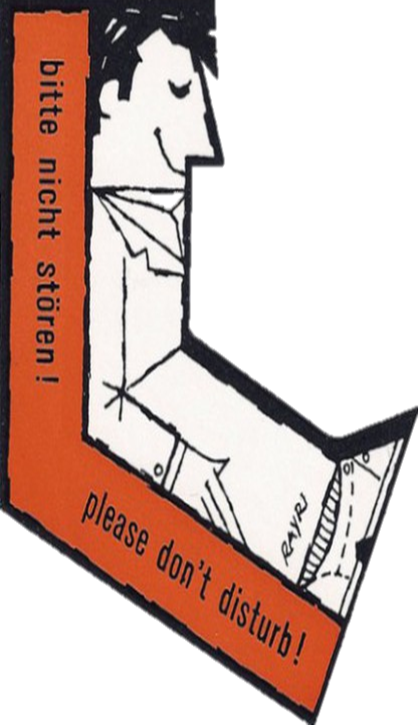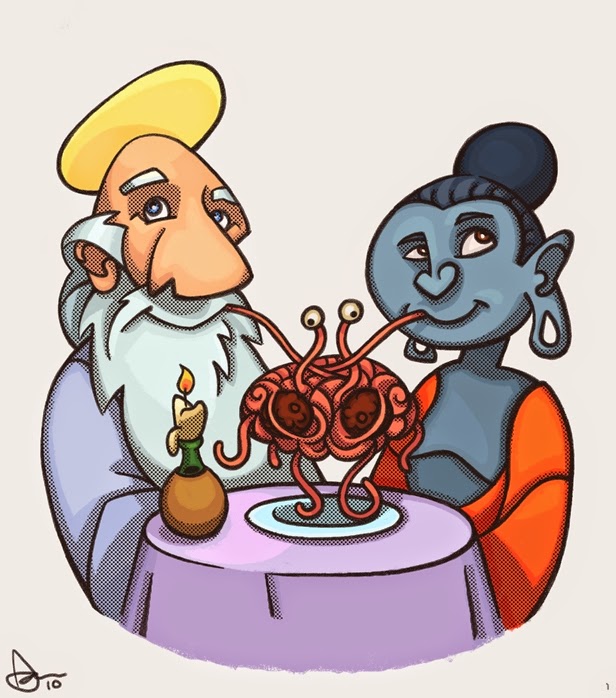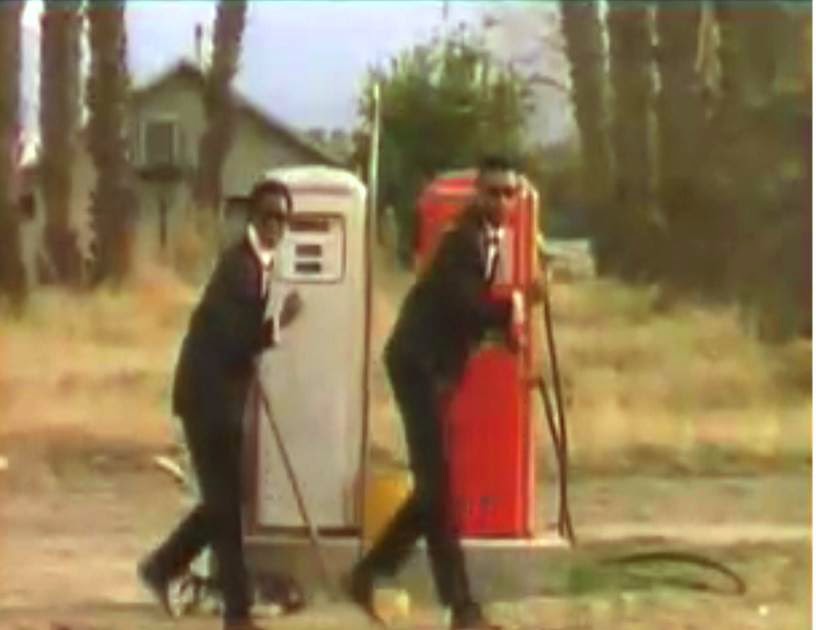Via the Browser, here’s one prognostication for the coming year regarding “distributed content” that’s a very good and quick study.
Thursday 8 January 2015
storefront or slate and shingle
catagories: lifestyle, networking and blogging
iconodule
Celebrated on the first Sunday of the Great Lent (1 March, this year), the Feast of the Triumph of Orthodoxy celebrates the restoration of icons, holy images, to the Church, and the victory of the iconodules—those who venerate images, the iconophiles over the iconoclasts who considered the practise idolatry.
catagories: ☦️, 🇬🇷, 🇷🇺, 🇹🇷, 📐, philosophy, revolution
dnd or bread and board
root, third and fifth
catagories: 🇩🇪, 📐, 🩰, antiques, Baden-Württemberg
Wednesday 7 January 2015
theo-fascism
Oh, God bless! There can be no words to mediate the horrors we’re capable of committing, still I’d much rather suffer the media-echo and those absolutely salivating, chomping at the bit to be vilified from all corners rather than violence that cannot be taken back.
peak oil or race to the bottom
The last time that petrol prices were at this level was just after the so called Great Recession impacted the markets and caused an industry glut and gas was on the trajectory upward in June of 2009. This flashback index, which is just a point on the continuum that’s made all the more painful by knowing it’s neither a wholly good thing nor liking to be lasting, finds H and I fresh from our Roman holiday—Qaddafi was apparently visiting at the same time.
catagories: 🌍, 🎶, 💱, environment, foreign policy, Middle East, transportation














